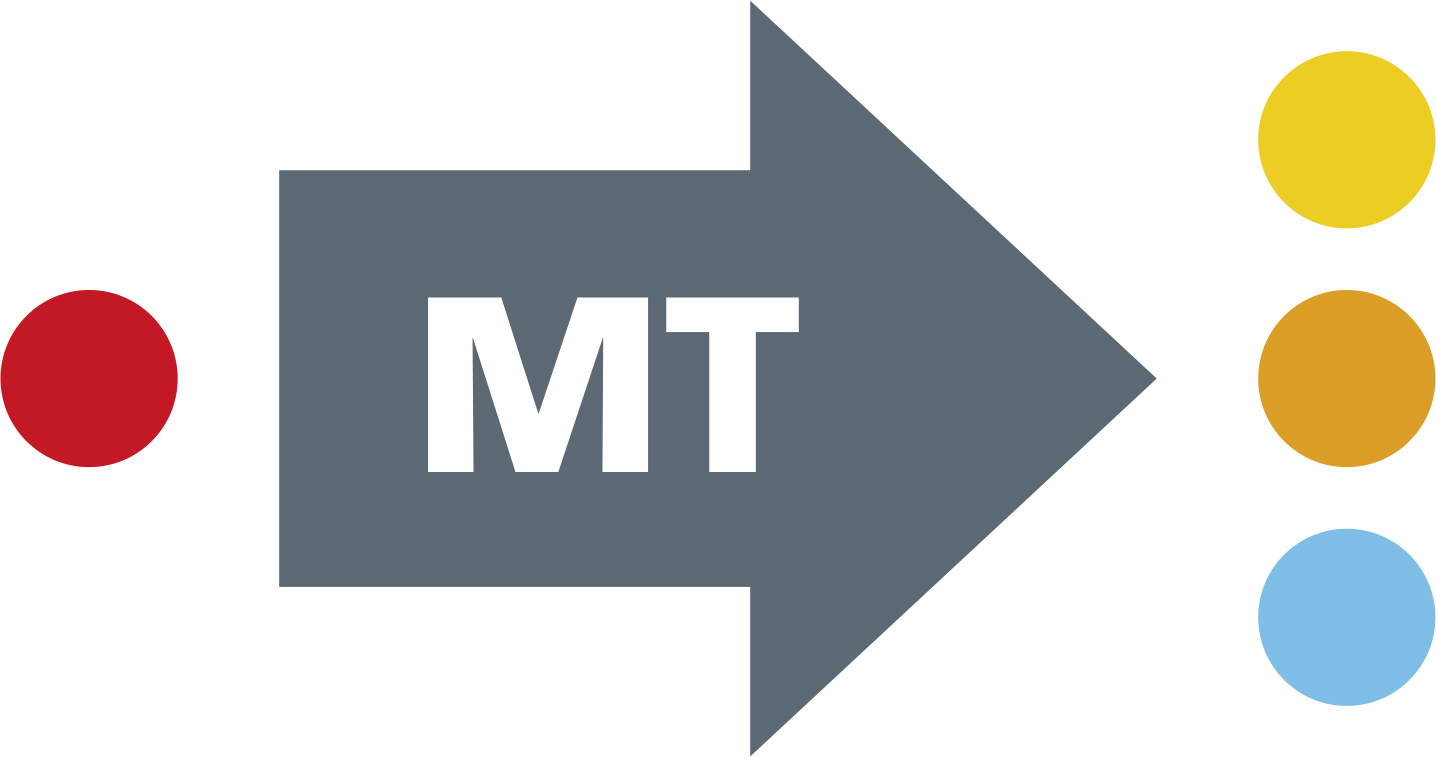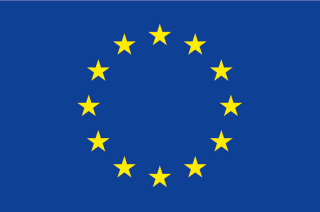BioDiMet aims to implement nature’s strategy to selectively methylate target compounds as a robust enzymatic platform ready for use at an early industrial scale. In nature enzymatic methylation by SAM-dependent methyltransferases is a key step to accomplish and enhance bioactivity. The reactions can occur in a regioselective and/or stereoselective manner and comprise outstanding examples that cannot be realised by common synthetic methods under similar conditions.
This is of great relevance to the need for the development of novel bioactives in multi-billion € markets of the pharma, agrochemical and fragrance/flavor industries. In this area key to the structural diversity and bioactivity of many compounds containing amine and alcohol functionalities is selective methylation. This is very difficult to achieve using established chemical synthetic methods where mainly toxic methylation agents such as methyl iodide and dimethyl sulfate are applied. Enzymatic approaches have the advantages of sustainability, the avoidance of toxic reagents, and regiospecificity.
Despite the importance in nature, SAM-dependent methyltransferases are completely underexploited for use in industrial synthesis. In the past, the reasons for this were mainly because SAM cofactor supply/recycling as well as a robust methyltransferase toolbox were not available. In recent years members of the BioDiMet consortium demonstrated that these limitations do not hold true anymore by establishing smart enzymatic methylation cascades with integrated SAM supply or recycling.
BioDiMet is now the subsequent and necessary next step towards industrialisation of the enzymes in the pharma industry. The activities will be carried out under the roof of three technology platforms (TPs) and cover the synthesis of target molecules for methyl derivatisation, the development of novel enzymes for methylation and also for providing prospective SAM alkylation analogues. It also involves the development of methylation cascades with cofactor supply and the optimization of enzymatic steps. Given the essentially irreversible character of the methylation, the MT catalysed reactions will be utilized to shift the thermodynamic equilibria of preceding reactions in the reaction cascades.
Development of scaled-up reactions and down-stream processing methods will facilitate the industrial feasibility of the platform. In conclusion BioDiMet aims to extend and improve known and innovative methyltransferase reaction systems to a significantly advanced level. This involves the identification of novel substrates, enzymes and tailored enzyme cascades including the synthesis of unique target compounds that potentially can be methylated at an early industrial scale.
BioDiMet unites leading partners from academia, research institutions and pharma industry in the areas of I synthetic biology for methyl transfer cascade design, II enzymatic and chemoenzymatic synthesis (biotechnology and chemistry) for the purpose of producing added value chemicals starting mainly from natural resources or biobased molecules. Equally III bioinformatics, and also IV available data from systems biology will be considered for the discovery and optimisation of enzymes in order to shift the emerging and highly promising enzymatic methylation technology from TRL3-4 to TRL5-6.

 Fraunhofer Institute for Interfacial Engineering and Biotechnology IGB
Fraunhofer Institute for Interfacial Engineering and Biotechnology IGB
